Aly Zaker’s iconic slaps on set: Faruque Ahmed reminisces moments from ‘Aaj Robibar’
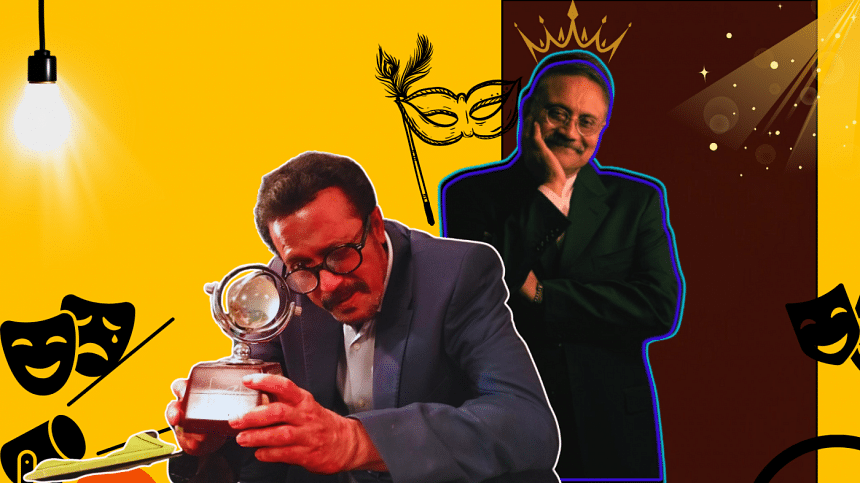
On November 27, 2020, the country bid farewell to one of its most iconic cultural figures, Aly Zaker. A master of both stage and screen, Zaker's versatility as an actor left a lasting mark on the nation's entertainment industry. As we reflect on his contributions, especially on his fourth death anniversary, it's not just his powerful performances that are remembered, but also the playful camaraderie, witful screen presence and gentle spirit he brought to every set.
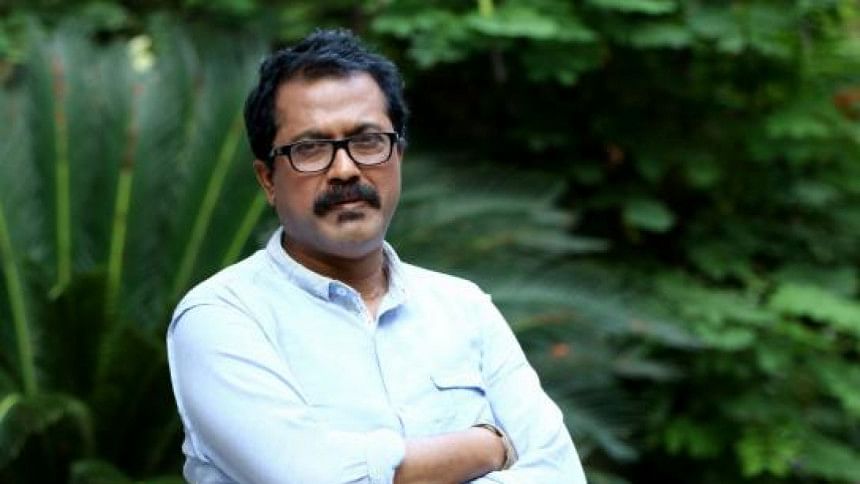
Perhaps one of the most iconic examples of his on-screen chemistry was in Humayun Ahmed's much-loved TV drama, "Aaj Robibar." The series became a staple of Bangladeshi television, with Zaker's portrayal of Asgor—an eccentric elder brother—leaving a mark in the hearts of viewers.
For actor Faruque Ahmed, who starred alongside Zaker as the character Moti, "Aaj Robibar" represents more than just a career milestone.
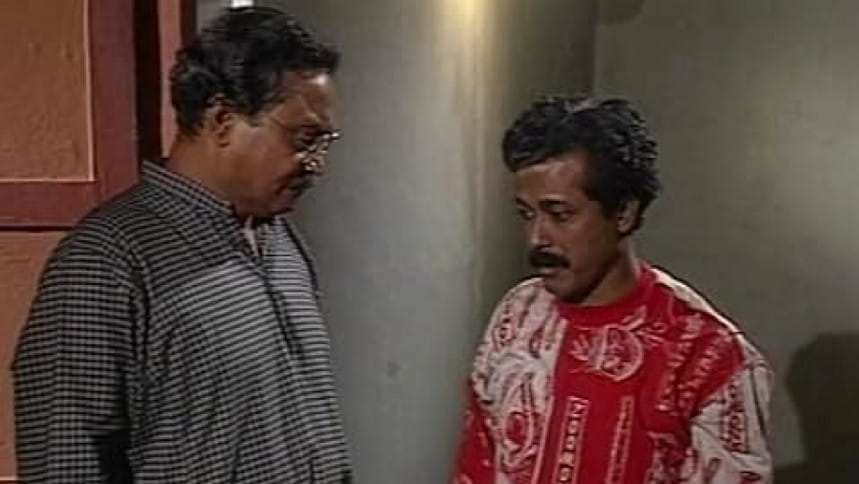
"It's a memory of working with a co-star who was not only a consummate professional but also generous and nurturing off-camera," Faruque recalled in an interview with Prothom Alo. "Aly Zaker's kindness behind the scenes mirrored his excellence on set, making every moment spent with him a privilege."
The dynamic between Zaker's Asgor and Faruque's Moti often involved playful reprimands, with Moti frequently peeking through doors, only to be caught and slapped by Asgor in classic comic fashion.
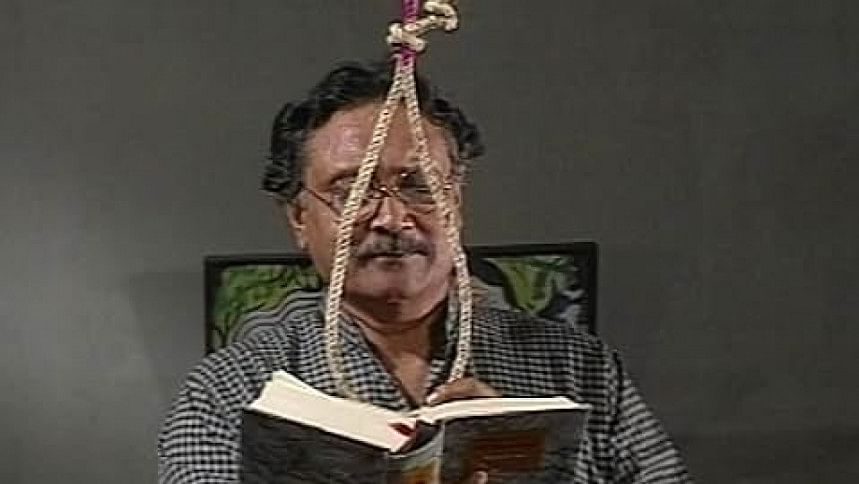
Faruque recalls that these slap scenes were not merely scripted for laughs—they were real. "We had to do multiple takes to get the perfect shot, which meant I ended up getting slapped several times," Faruque said. Despite the physicality of the scene, Zaker's deep care for his colleagues shone through. "After each slap, Zaker bhai would immediately apologise, hug me, and say, 'I hope that wasn't too hard. Don't take it to heart.'"
The authenticity Zaker brought to his roles was not limited to "Aaj Robibar." In the drama "Achin Brikkho," Faruque recounts another memorable slap scene where Zaker's strength quite literally knocked him off his feet.
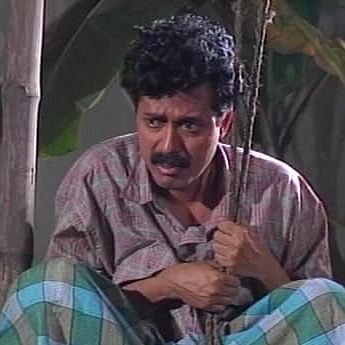
"Zaker bhai was a well-built man with large hands. The first slap sent me straight to the ground, and I was dizzy from the impact," Faruque recalled. True to form, Zaker was quick to rush to his side, helping him up and apologising profusely. "He kept reassuring me, saying, 'If I hadn't hit hard, the scene wouldn't have been believable.'"
Beyond television, Aly Zaker's legacy is firmly rooted in the theatre, where he made his debut in Munier Chowdhury's "Kobor" in 1972. This performance marked the beginning of a career that would span decades and include iconic roles in productions like "Buro Shaliker Ghare Ro," "Baki Itihash," "Dewan Gazir Kissa" and "Nuruldiner Sara Jibon." Each role was delivered with precision and depth that set him apart from his peers, earning him a place among the greatest actors in Bangladesh's history.
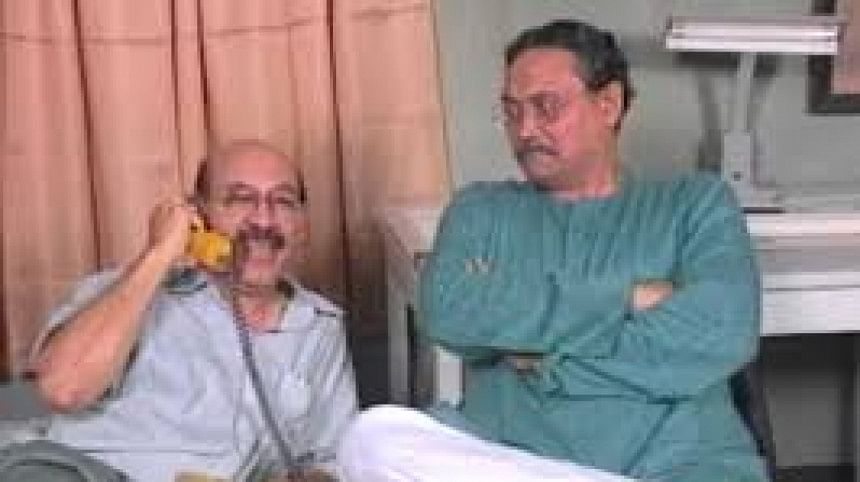
Zaker's mastery wasn't confined to heavy, dramatic roles—he also had an impeccable sense of timing and humour, which made his performances in lighter TV dramas like "Bohubrihi" and "Deyal" equally memorable. His effortless ability to shift between comedy and tragedy is what defined him as a performer. He understood that acting wasn't just about the grand gestures; it was in the subtlety, the quiet moments, and the deep connection with his co-stars that the real magic happened.
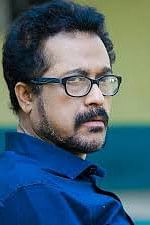
Aly Zaker's death left a void in the world of Bangladeshi entertainment, but his spirit lives on through the stories of those who had the privilege of working with him. Whether it was his meticulous dedication to getting every scene just right, his playful interactions with co-stars, or the profound humility with which he treated everyone around him, Zaker was a man who left an impression that extended far beyond the stage or screen, recalled Faruque.

 For all latest news, follow The Daily Star's Google News channel.
For all latest news, follow The Daily Star's Google News channel. 





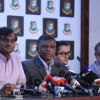


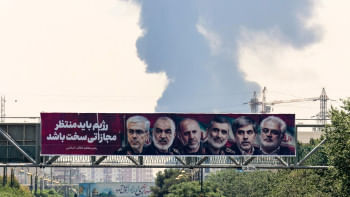
Comments